
5 Best Logistics Management Software for E-Commerce
Managing logistics efficiently is crucial for e-commerce businesses. With rising customer expectations and increasing competition, companies need the right logistics management software to streamline operations. A robust logistics management system can help businesses optimize shipping, reduce costs, and improve customer satisfaction.
According to a report by Allied Market Research, the global logistics software market is expected to reach $12.97 billion by 2027, growing at a CAGR of 10.5%. This highlights the increasing reliance on logistics management solutions to enhance supply chain efficiency.
This guide explores the best logistics management software available today, highlighting their key features, advantages, and drawbacks.
What is Logistics Management Software?
Logistics management software (LMS) is a digital solution designed to automate and optimize supply chain processes, including order fulfillment, shipping, and inventory tracking. A logistics management solution ensures seamless coordination between suppliers, warehouses, and customers, improving overall efficiency. With the right logistics management platform, businesses can gain better visibility, enhance productivity, and meet growing customer expectations efficiently.
Top Logistics Management Software for E-commerce
1. LogiNext Solutions
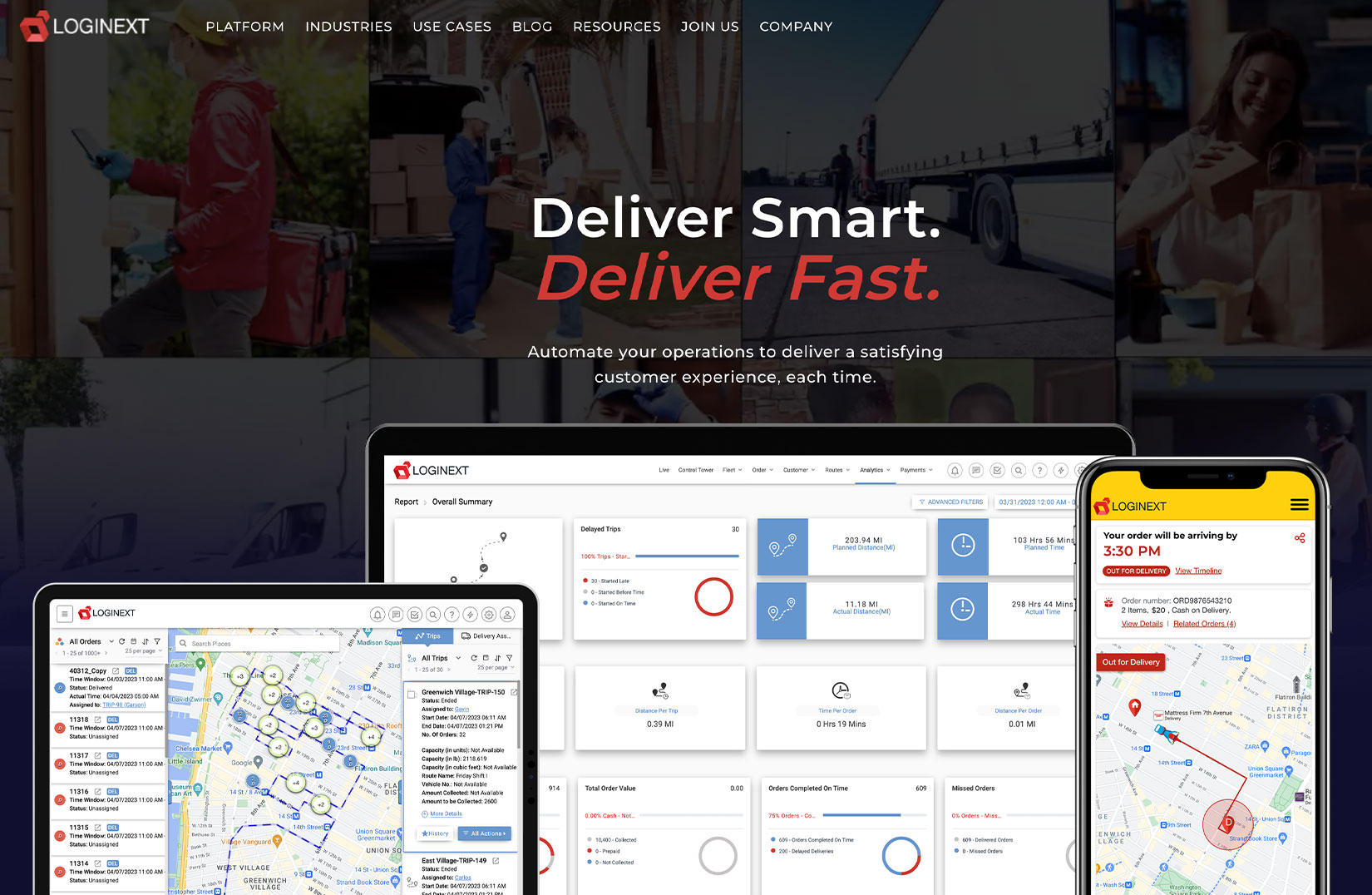
LogiNext is a comprehensive logistics management platform that optimizes last-mile delivery operations with advanced technology. It enhances route planning, reduces transit time, and improves overall supply chain efficiency.
Key Features:
1. AI-driven route optimization: Uses advanced algorithms to calculate the most efficient delivery routes, reducing transit time by up to 25%.
2. Real-time tracking and analytics: Provides accurate location tracking and insights into delivery performance, reducing delays by 30%.
3. Automated dispatch and scheduling: Enables automated order assignment to drivers, reducing manual errors and improving delivery accuracy.
4. Seamless integration with e-commerce platforms: Supports popular platforms for easy connectivity.
5. Designated Mobile App: A designated mobile app for the drivers and dispatchers.
Advantages:
1. Reduces delivery time by up to 20%: AI-driven technology optimizes routes for maximum efficiency.
2. Improves cost efficiency: Reduces fuel consumption and transportation costs by selecting the best routes.
3. Enhances customer experience: Provides real-time tracking updates, improving customer satisfaction.
4. User-friendly interface: Offers an intuitive dashboard that is easy to navigate.
2. ShipStation
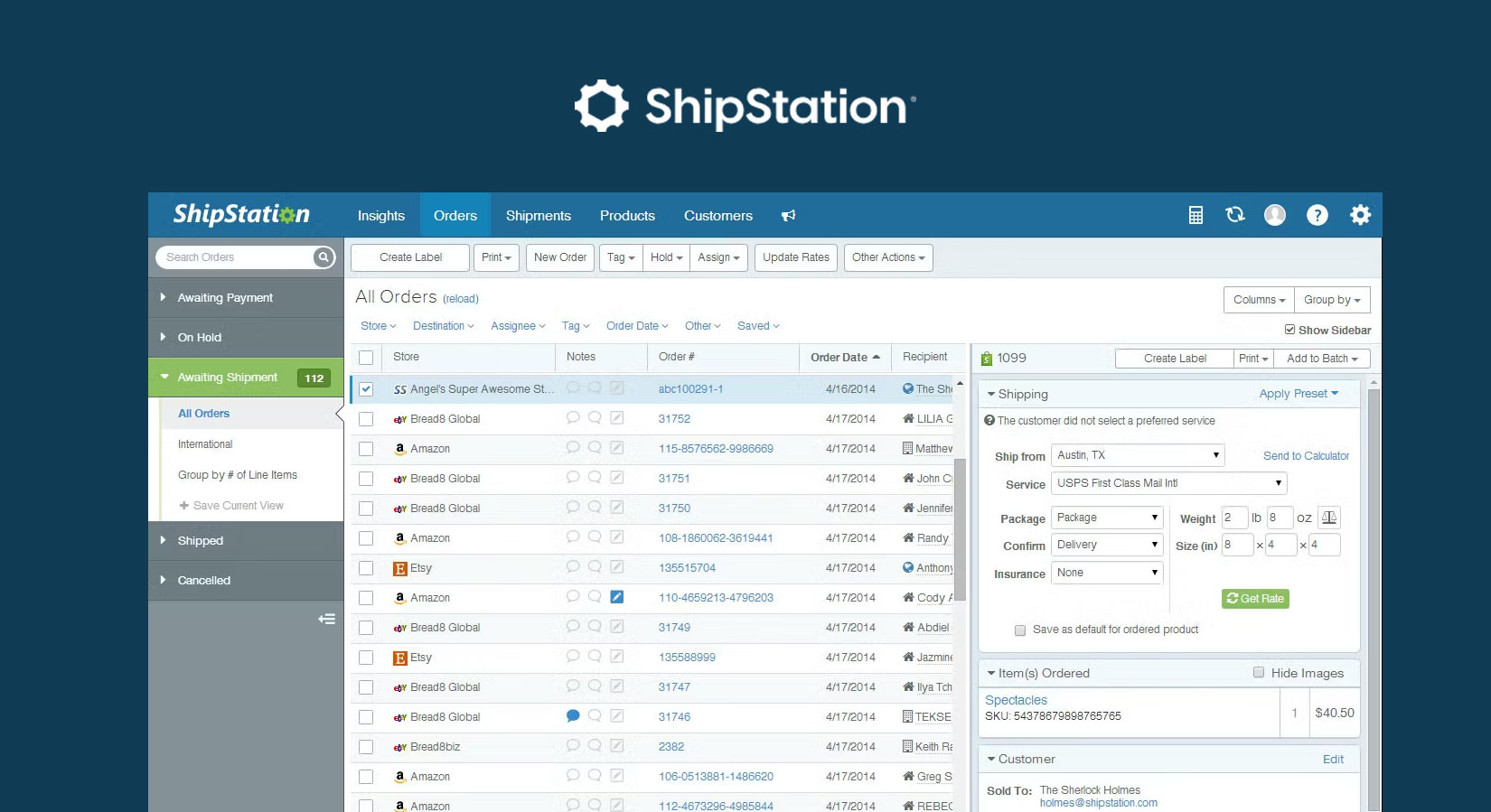
ShipStation is a cloud-based logistics management solution that streamlines shipping operations for e-commerce businesses. It offers seamless integration with multiple carriers, ensuring cost-effective and efficient order fulfillment.
Key Features:
1. Multi-carrier shipping options: Connects with multiple shipping providers such as FedEx, UPS, and USPS for cost-efficient shipping.
2. Batch processing for high-volume orders: Allows users to process hundreds of orders at once.
3. Branded tracking and customer notifications: Enables businesses to provide a personalized tracking experience for customers.
4. Integration with major e-commerce platforms: Works seamlessly with Amazon, Shopify, eBay, and WooCommerce.
Advantages:
1. Streamlines order processing and shipping: Simplifies logistics workflows by integrating multiple carriers into a single platform.
2. Cost-effective with discounted shipping rates: Provides competitive pricing options for bulk shipments.
3. User-friendly interface: Offers an intuitive dashboard that is easy to navigate.
Disadvantages:
1. Limited advanced logistics features: Primarily designed for shipping rather than full logistics management.
2. Can be expensive for businesses with high shipping volumes: Additional features may increase costs.
3. FreightPOP
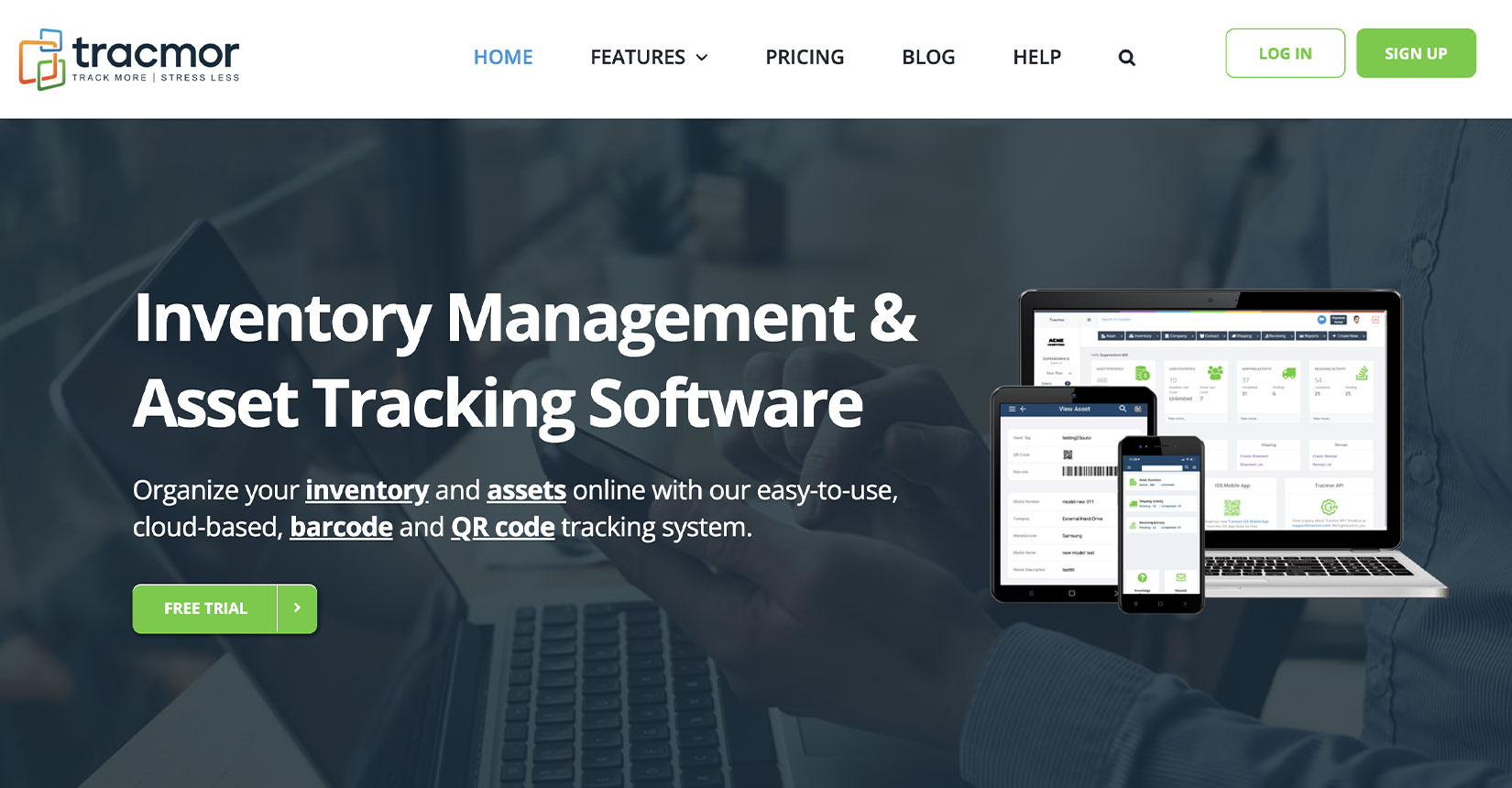
FreightPOP is a powerful logistics management system designed for businesses looking for efficient freight management. It helps companies streamline freight operations by optimizing carrier selection, tracking shipments, and reducing shipping costs.
Key Features:
1. Supports multiple transportation modes: Manages shipments across LTL (Less Than Truckload), FTL (Full Truckload), parcel, ocean, and air freight.
2. Automated rate comparison and carrier selection: Compares shipping rates in real-time to find the most cost-effective options.
3. Real-time shipment tracking: Monitors shipments with GPS-enabled tracking.
4. Robust analytics and reporting: Provides detailed insights into shipping costs, carrier performance, and delivery times.
Advantages:
1. Reduces shipping costs: Helps businesses save money by comparing multiple carrier rates instantly.
2. Flexible platform: Can be customized to accommodate different logistics requirements.
3. Improves visibility into supply chain logistics: Real-time data ensures better decision-making.
Disadvantages:
1. May not be ideal for small e-commerce businesses: Better suited for medium to large-scale operations.
2. Requires some learning curve: Users may need time to familiarize themselves with all features.
4. NetSuite ERP
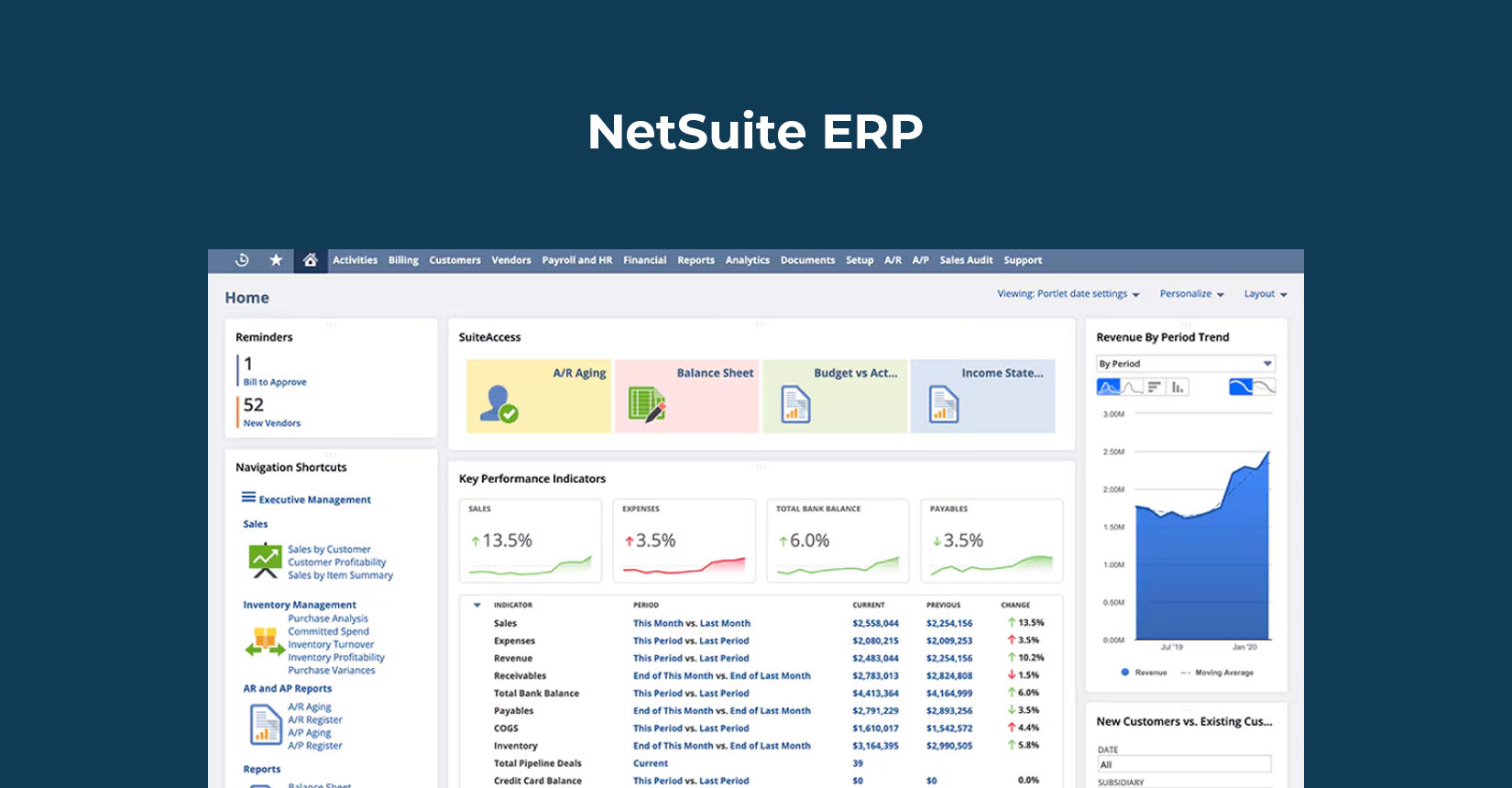
NetSuite ERP is a robust logistics management software designed to provide end-to-end supply chain management. It streamlines inventory, order processing, and financial operations to enhance business efficiency.
Key Features:
1. Comprehensive inventory and order management: Tracks stock levels, reorders products automatically, and streamlines fulfillment, reducing stockouts by 35%.
2. Integrated accounting and financial tools: Ensures accurate financial reporting and compliance.
3. Real-time reporting and analytics: Provides critical business insights for data-driven decision-making.
4. Scalable for growing businesses: Supports business expansion with modular add-ons and integrations.
Advantages:
1. Enhances operational efficiency: Reduces manual errors and streamlines logistics processes.
2. Ideal for businesses looking for a complete ERP solution: Offers extensive features beyond logistics, including financials and CRM.
3. Provides deep insights: Advanced analytics help businesses optimize supply chain performance.
Disadvantages:
1. Higher cost compared to other logistics management platforms: Premium pricing makes it less suitable for startups.
2. Implementation can be complex and time-consuming: Requires expert support for seamless setup and integration.
5. ShipBOB
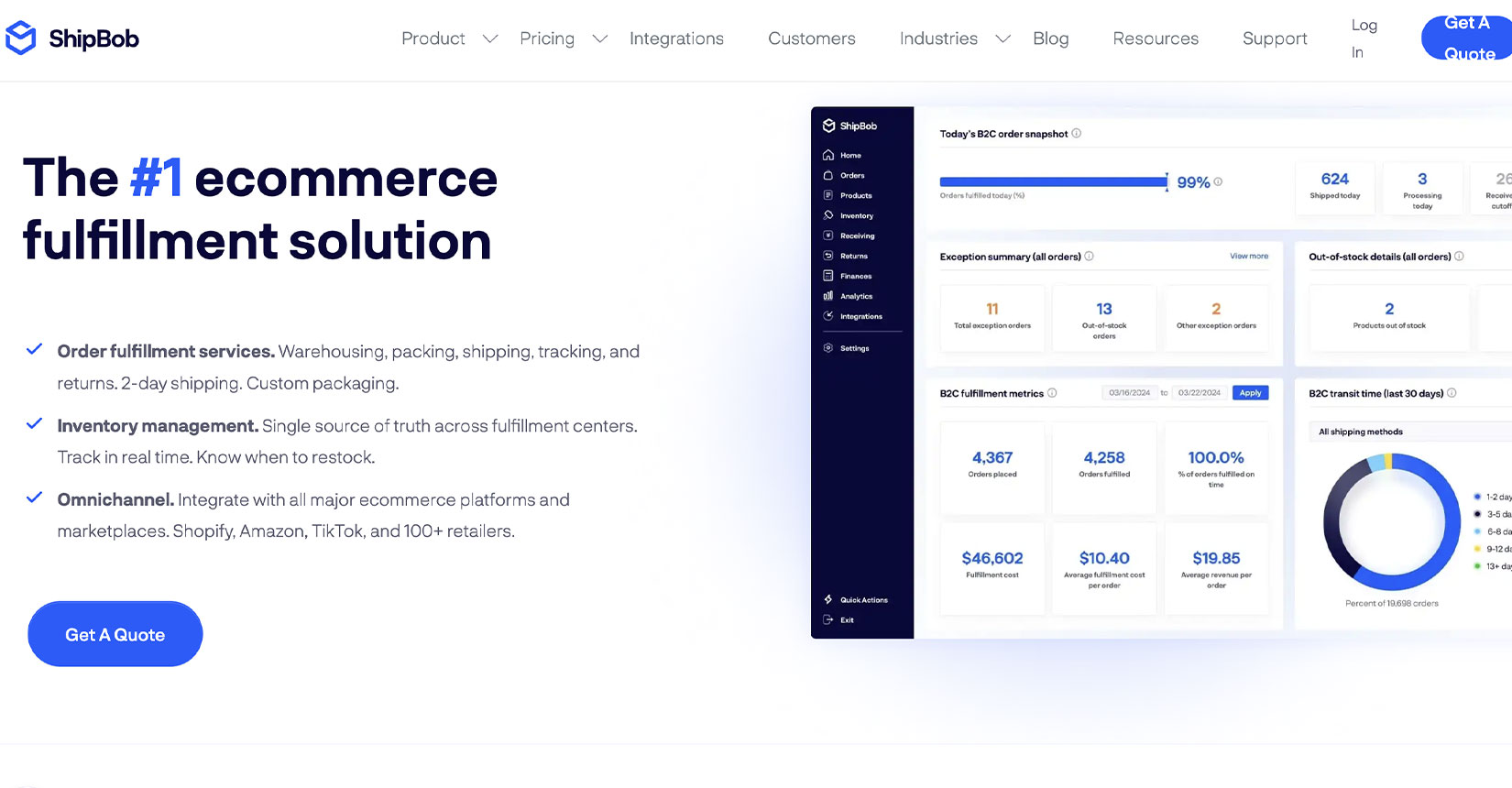
ShipBob is an e-commerce fulfillment and logistics management solution designed to help businesses streamline their order fulfillment processes. It offers a range of services to improve efficiency and customer satisfaction.
Key Features:
1. Nationwide fulfillment network: Offers strategically located warehouses, reducing delivery times by up to 50%.
2. Automated order and inventory management: Ensures accurate stock levels and order processing.
3. Real-time shipping rate calculation: Provides customers with accurate shipping costs at checkout.
Advantages:
1. Reduces shipping times: Optimized fulfillment centers ensure quick deliveries.
2. Offers cost-effective fulfillment solutions: Competitive pricing for storage and shipping.
3. Provides an easy-to-use platform: Simple dashboard for managing orders and inventory.
Disadvantages:
1. May not be suitable for businesses outside the U.S.: Currently focused on the U.S. market.
2. Limited customization options: Fewer options for tailored fulfillment strategies.
Why Invest in a Logistics Management Solution?
Implementing a logistics management system provides several benefits:
1. Cost Reduction:
Optimized shipping routes and carrier selection lower expenses, reducing logistics costs by up to 15%.
2. Improved Customer Satisfaction:
Faster deliveries and real-time tracking enhance user experience, with 84% of consumers saying they won’t return after a bad delivery experience.
3. Operational Efficiency:
Automation of logistics processes reduces manual work and errors, improving productivity by 30%.
4. Scalability:
A logistics management platform allows businesses to grow seamlessly by adapting to increased demand, helping e-commerce brands expand internationally.
5. Better Data Insights:
Advanced reporting tools provide actionable insights, enabling companies to make data-driven decisions for continuous improvement.
Final Thoughts
Choosing the best logistics management software depends on your business needs. If you require an AI-driven approach, LogiNext is a great choice. For an all-in-one ERP solution, NetSuite ERP is ideal. ShipBob and ShipStation are excellent for e-commerce fulfillment, while FreightPOP is perfect for freight management.
Investing in a logistics management platform ensures smoother operations, cost savings, and improved customer satisfaction. With the right logistics management solution, businesses can stay competitive and efficient in today’s fast-paced e-commerce industry. So book a demo with LogiNext Solutions today and transform your supply chain. Click on the red button to know more.
38







@LogiNext